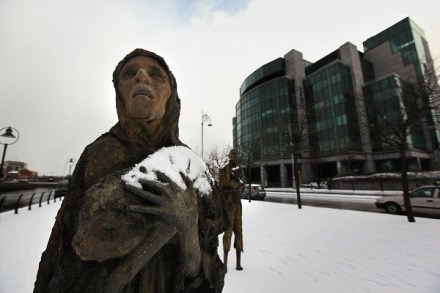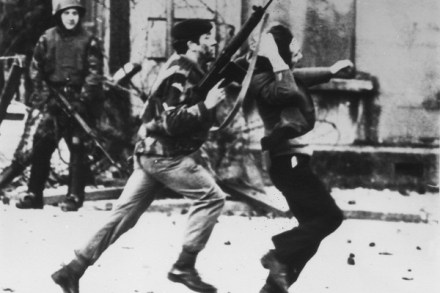Narrative drive
Michael Holroyd describes this tiny, charmingly pointless publication (On Wheels, Chatto, £9.99) not as a book but as an example of ‘nostalgic intertextuality’, which is a grand way of saying that it is a bit of this and a bit of that. The this is the part cars have played in his family’s history and the that is the part they have played in the lives of the famous biographer’s famous subjects. We learn that Holroyd’s father liked to drive his Zodiac with his miniature German police dog on his lap, and that the author’s wife Margaret Drabble ‘plumbed a special telephone into her car’.Lytton Strachey bought a car for















